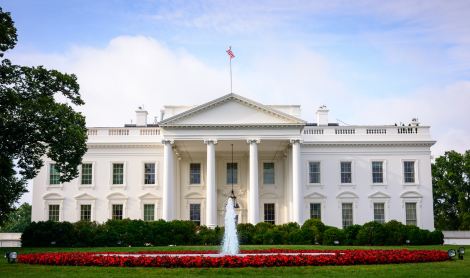Guest Post by Robin Chait and Lauren Outlaw, National Charter School Resource Center
As the charter sector grows and evolves, it’s more important than ever to have high-quality authorizing policies and practices. This is how we ensure that charter schools are accountable for student performance and have the flexibility to develop new educational models that meet all students’ needs.
The U.S. Department of Education’s Charter School Programs (CSP) understands quality authorizing is a crucial lever for achieving these goals. ESSA requires that CSP State Entity (SE) grantees—typically state education agencies or statewide charter support organization—work with authorizers in their state to improve authorizing quality. State and local policymakers and practitioners support quality authorizing through policy development, technical assistance and resources, and the support and initiatives provided by regional and local charter support associations.
In the National Charter School Resource Center’s (NCSRC’s) recently published High-Quality Charter Authorizing Policy Profiles (State Profiles), we highlight state policy as one critical tool for establishing effective authorizing practices. Each State Profile summarizes the policy context for authorizing charter schools based on the NCSRC’s Policy Framework for High Quality Charter Authorizing Practices (Framework).
The State Profiles are tools for state policymakers, authorizers, and other practitioners to learn about their own authorizing policy environments and those of their peers. They aren’t judgments or rankings of states’ authorizing practices. Instead, the Profiles can help you answer questions like: Which states have policy profiles similar to your state? Are there peers that you can network with and/or learn from? If you are familiar with another state’s authorizer practices, how feasible is it for you to adopt certain practices given your respective state policies? If you are a charter school, charter management organization, or charter support organization, how can the Profiles help you navigate states’ policy environments?
As mentioned above, another strategy for enhancing authorizing quality is technical assistance. ESSA requires that SE grantees provide technical assistance, and many are providing innovative resources to support quality authorizing in their states. Here are just a few examples:
- Colorado’s Office of School Choice brought together charter schools, authorizers, education organizations, and experts to collaborate, discuss, and pursue solutions that help close education gaps in Colorado. Gatherings focused on serving students with disabilities generally and during the COVID era.
- The rubric the Minnesota Department of Education uses to evaluate charter authorizers includes indicators on sharing best practices, providing technical assistance to promote high-quality authorizing practices, and developing supports to preserve charter school autonomy.
- In New York, the Board of Regents and the State University of New York Charter Schools’ Institute—two of the state’s authorizers—collaborate on professional development for charter schools on topics like fiscal board governance and supporting students with special needs.
In a recent NCSRC webinar (available here), we featured additional examples of SE grantees’ innovative supports to improve the quality of authorizing .
Check out the 19 Profiles for current SE grantees here to learn more and stay tuned for additional profiles for FY20 grantees later this year. And while you are at it, check out other great resources from the NCSRC available here on authorizing and other topics such as identifying low-performing schools, family engagement, and serving English learners in charter schools.


